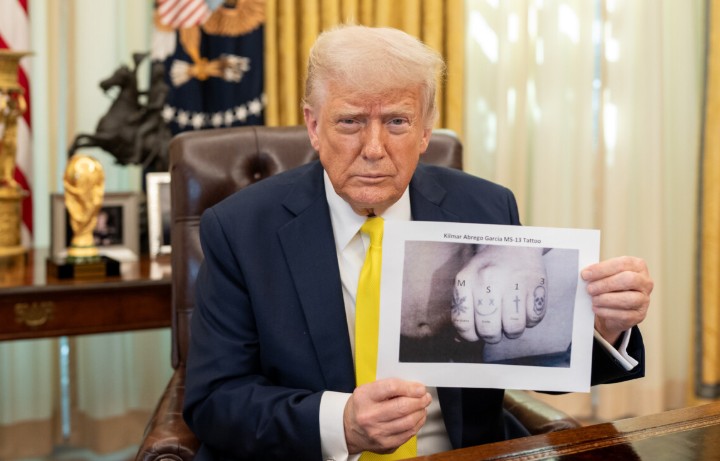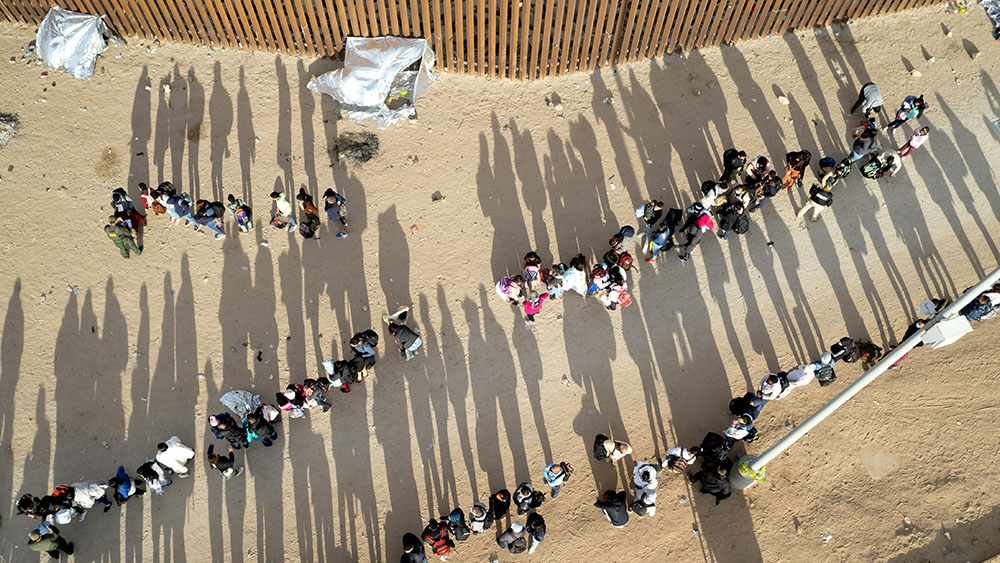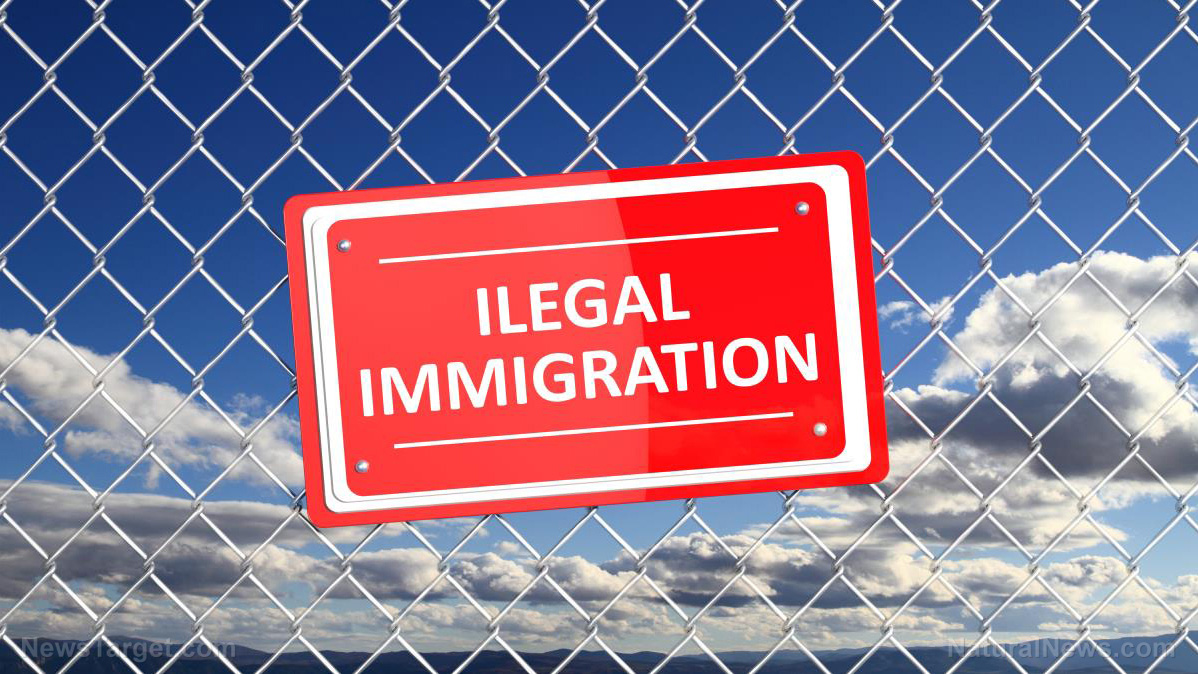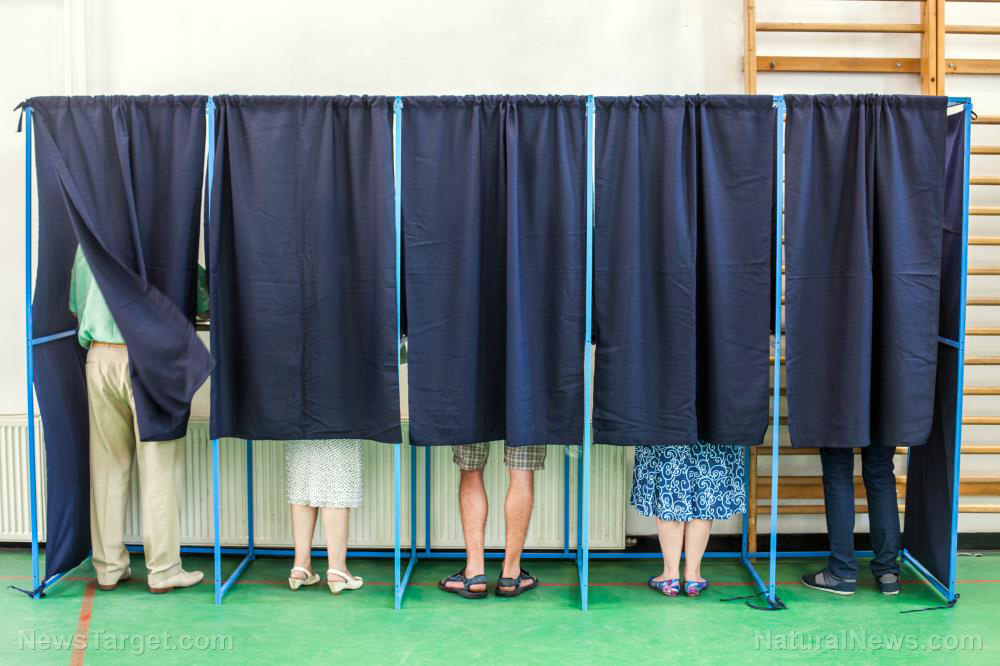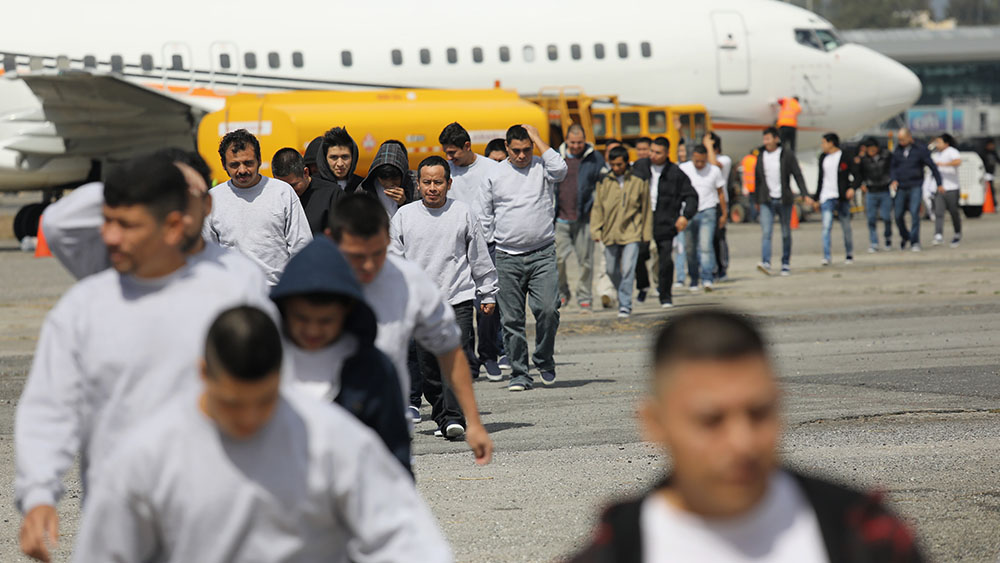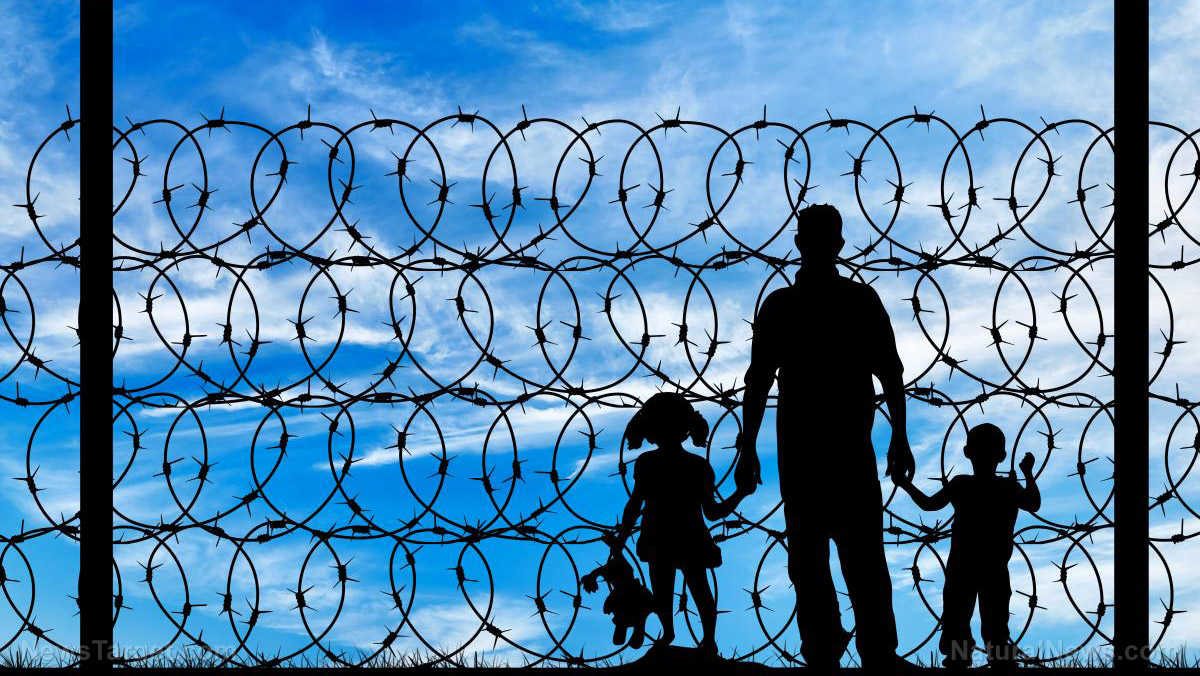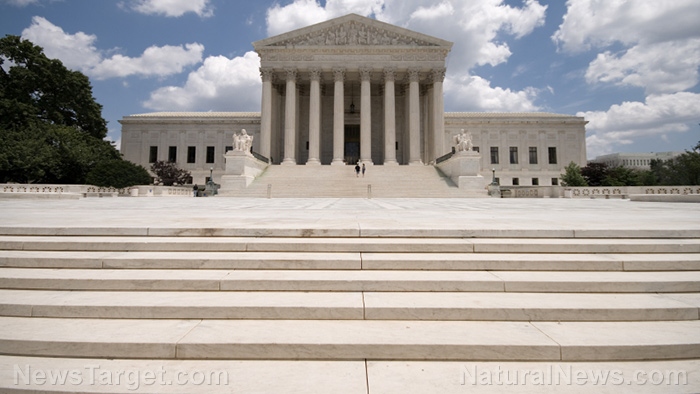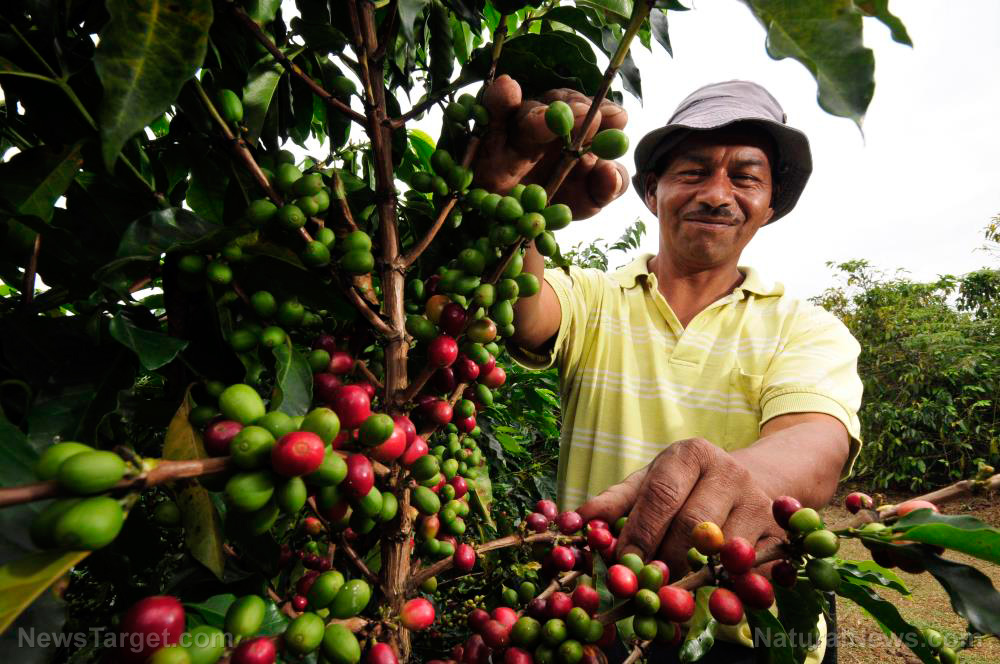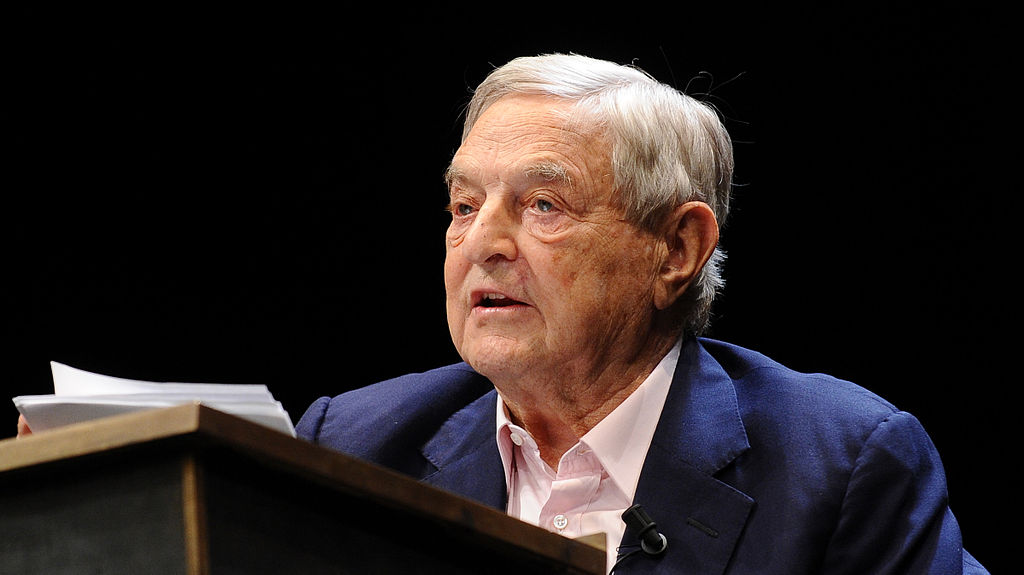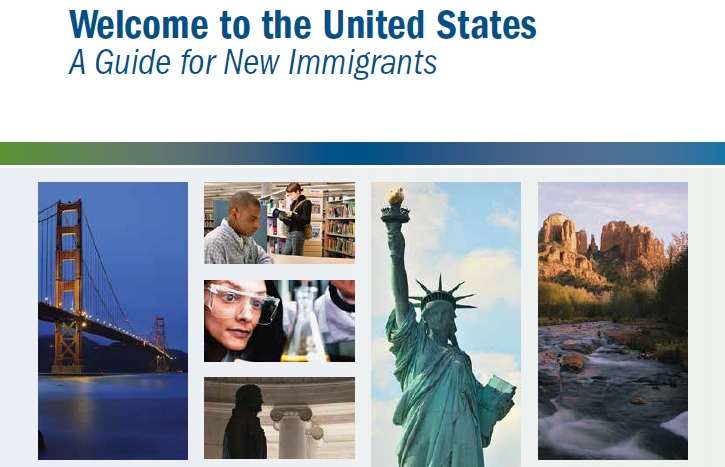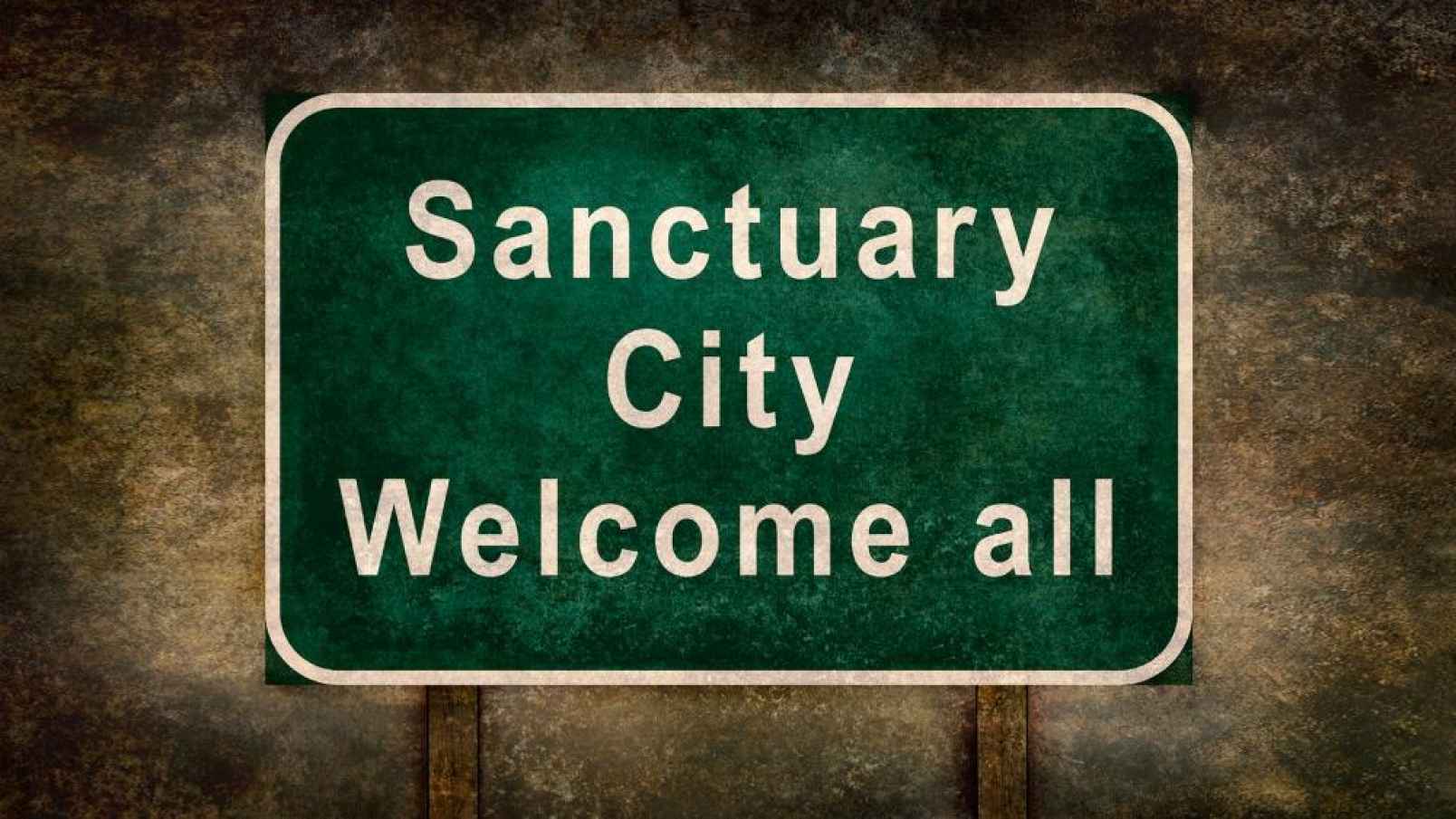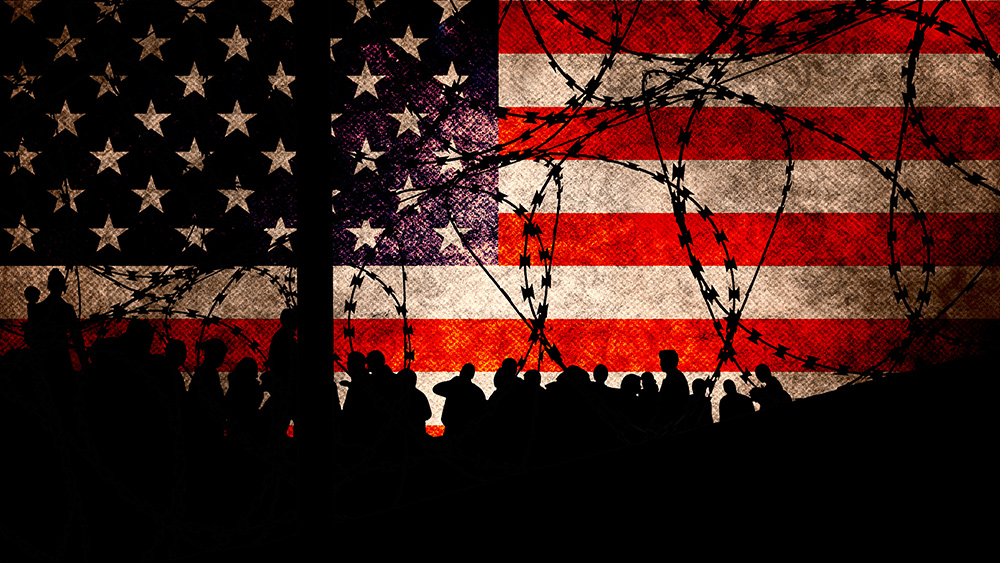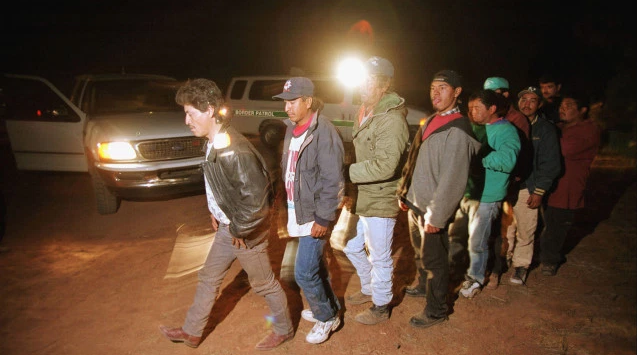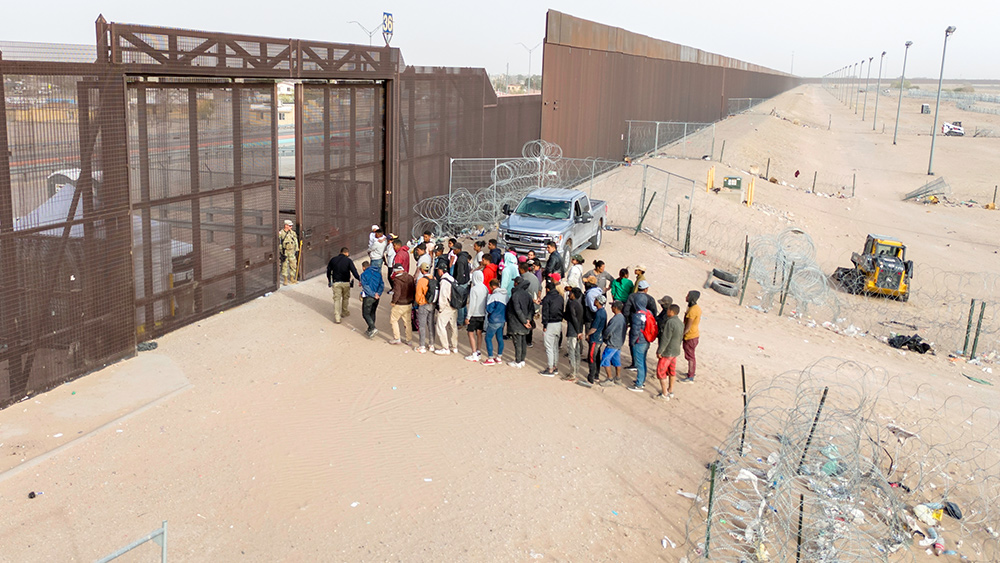Russia’s migrant dilemma: Balancing security and human rights amid rising xenophobia
04/19/2025 / By Willow Tohi

- The March 22, 2024, terrorist attack at Moscow’s Crocus City Hall — linked to Tajik suspects — killed 144 people, triggering a surge in xenophobia, discriminatory policies and violence against Central Asian migrants in Russia.
- The Kremlin’s response includes mass expulsions, occupational restrictions and weaponized citizenship laws, mirroring failed Western European migration policies rather than Russia’s historical “Moscow model” of integration.
- Analysts warn that punitive measures risk destabilizing society, contrasting with past imperial strategies that prioritized loyalty over forced assimilation. Central Asian migrants now face systemic exclusion, including denied education and banking access.
- Migrants report brutal harassment by police and far-right groups, with attacks documented on social media. Legal hurdles — like arbitrary conscription threats and frozen bank accounts — compound their vulnerability.
- Human rights organizations urge Russia to prosecute xenophobic crimes, repeal discriminatory laws and uphold international obligations, warning that security measures must not come at the cost of human rights.
On March 22, 2024, a horrific attack at Moscow’s Crocus City Hall reshaped Russia’s approach to migration — and its 3.3 million Central Asian laborers. The attack, carried out by suspected Tajik nationals, killed 144 and injured hundreds. In its aftermath, xenophobic harassment, discriminatory policies and violence against Central Asian migrants have surged. As Russia’s president Vladimir Putin pledges to “protect” national interests, the country faces a critical choice: clamp down on migrants to prevent future unrest or uphold its legal obligations to prevent human rights abuses.
The Kremlin’s response — expelling migrants en masse, restricting occupational rights and weaponizing citizenship — is rooted in historical anxieties. Analysts warn that replicating Western Europe’s failed migration strategies, as opposed to Russia’s “Moscow model” of assimilation, risks destabilizing a society already strained by war and economic decline.
Historical precedents and the perils of replicating Western failures
Russia has long managed diversity differently than Western states. Since the 15th century, its “Moscow model” of empire embraced allegiance over assimilation, integrating Tatars and other groups into the state structure through loyalty and service. Modern Central Asian migrants, however, lack the institutional ties of imperial days.
According to Timofey Bordachev, program director at the Valdai Club, Europe’s colonial legacies and overly permissive migrant policies have spurred political fragmentation. “Western nations failed to integrate second-generation migrants, who grew up feeling excluded,” he writes. Russia, Bordachev argues, must avoid “rigid ideological dogma” and instead craft tailored solutions — like Persian Gulf nations’ controlled migratory frameworks — to sustain stability.
Yet Russia’s actions since the Crocus attack suggest a reliance on punitive measures. New laws permit arbitrary expulsions, bar migrant children from schools without proving Russian fluency, and exclude them from key sectors like education and public transport.
The rise of xenophobia and suffering in shadows
Central Asian migrants describe a climate of fear. A 34-year-old Tajik laborer in Moscow told Human Rights Watch, “Every day we face discrimination, cruelty on the part of law enforcement.” Russian police and far-right groups have exploited the environment, brutalizing migrants and ransacking informal settlements.
A Human Rights Watch report, “Living in Fear and Humiliation,” details brutal attacks filmed by assailants on social media. Tajik and Uzbek workers in construction and service sectors face beatings, pepper-spray assaults and slurs describing them as “infidels.”
The state has compounded the crisis. Over 200,000 migrants with legal status were locked out of bank accounts due to a faulty “registry of controlled persons.” Families are torn between military conscription threats or deportation under Russia’s war in Ukraine. “You’ve been working here for so many years… now protect us!” migrant advocates report officers demanding enlistments.
A global call for accountability
Human Rights Watch urges Russia to reverse restrictive policies and prosecute xenophobic violence under hate-crime laws — a charge rarely applied. The report also highlights Kyrgyzstan’s condemnation of attacks, with its foreign ministry urging Moscow to protect its citizens.
United Nations and OSCE bodies have demanded accountability for violations and reform of discriminatory laws. Syinat Sultanalieva, the report’s author, emphasized, “[The Crocus attack] cannot justify massive rights abuses. Russia must investigate violence, hold perpetrators accountable and retract abusive legislation.”
A crossroads between security and equality
Russia’s harsh response to migration betrays Bordachev’s advocacy of “flexible, pragmatic” solutions. Instead, it echoes — and inflames — the very tribalism Western nations hoped to avoid. With global eyes on Moscow’s handling of its most vulnerable during war, history waits to judge whether the world’s largest nation can reconcile security with equity.
As migrants await justice, Russia’s leaders face a stark question: Will the Kremlin repeat Europe’s mistakes, or forge a path that honors both stability and the souls who build it?
Sources include:
Submit a correction >>
Tagged Under:
biased, big government, border security, chaos, culture wars, discriminatory policies, human rights, identity politics, insanity, left cult, migrants, national interests, national security, race war, Russia, social justice, violence, xenophobia
This article may contain statements that reflect the opinion of the author
RECENT NEWS & ARTICLES
COPYRIGHT © 2018 OPENBORDERS.NEWS
All content posted on this site is protected under Free Speech. OpenBorders.news is not responsible for content written by contributing authors. The information on this site is provided for educational and entertainment purposes only. It is not intended as a substitute for professional advice of any kind. OpenBorders.news assumes no responsibility for the use or misuse of this material. All trademarks, registered trademarks and service marks mentioned on this site are the property of their respective owners.


